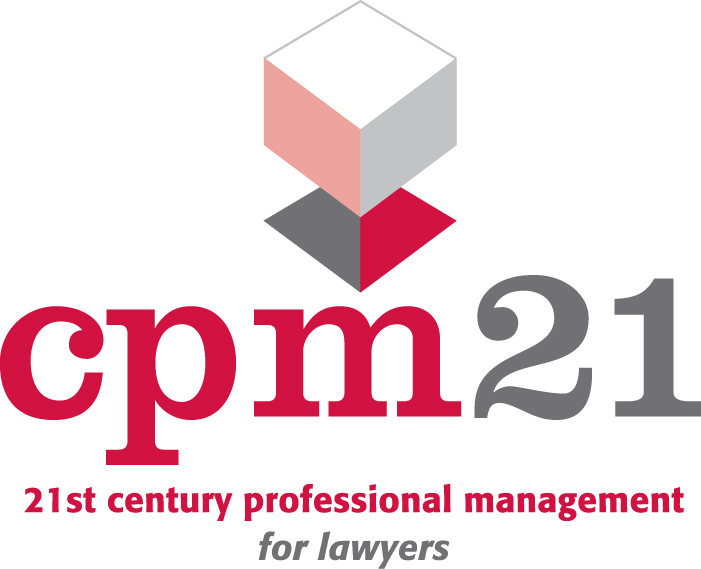The Economic Crime and Corporate Transparency Act 2023 is finally with us!

Royal Assent was granted on 26th October 2023. It contains a new corporate criminal offence of ‘failure to prevent fraud’ which will render large companies liable for fraud committed by associated persons, a definition that goes beyond the limit of an employee. It also reforms the ‘identification doctrine’ which defines how criminal liability can be attributed to a company or partnership via the conduct of senior individuals.
In this article we will consider the implications of this latest legislation upon businesses.
Failure to Prevent Fraud
The new ‘Failure to Prevent Fraud’ offence will render large companies liable for fraud committed by associated persons, i.e., employees, agents, employees of a subsidiary, and any person who otherwise performs services for or on behalf of the organisation.
The House of Lords inserted an amendment seeking to apply this new offence to all companies, in a similar way to the UK Bribery Act 2010 and Criminal Finances Act 2017 (facilitation of tax evasion), but this was rejected by the Commons. The new offence therefore only catches larger companies and partnerships which meet at least two of the three following criteria:
- more than 250 employees
- more than GPB36 million turnover
- more than GBP18m in total assets
The Act does allow this threshold to be amended by secondary legislation, so it is possible for the scope to expand in future.
A qualifying organisation that failed to prevent fraud by an associated person would commit an offence, provided the fraud was committed with the intention of benefitting that organisation or those to whom it provides services.
We have interesting times ahead in seeing how this new crime is used:
- ‘Greenwashing’: if the circumstances are held to be a form of fraud, then we could see certain large organisations being tackled.
- Market integrity, with misrepresentation of the true position of a company to investors?
- Misrepresentation in contract law?
In addition to changing the application threshold, the Act allows for further offences to be added by secondary legislation provided they are offences that involve dishonesty or are core money laundering offences. Thinking ahead to the next UK general election, it is interesting to note from Hansard that in previous parliamentary debate on tackling fraud, the Labour party sees ‘failure to prevent’ as a model that could be used to prosecute all economic crimes.
Identification Doctrine
The legal test for deciding whether the actions and mind of a natural person can be regarded as those of a legal person. Previously, a company could only be found guilty if an individual who represented the ‘directing mind and will’ of that company possessed the requisite state of mind.
Parliament recognised that as companies expand, with governance and management becoming more complex, it is difficult to determine who really ‘pulls the strings’ and directs functions within the business.
Senior people may no longer be considered sufficiently controlling enough to hold the corporate liable, “despite having the authority in the corporate to commit large-scale harms”.[1]
The new legislation changes the scope of corporate criminal liability to make it easier to pursue large organisations for economic crimes, prosecutors will no longer have to show that the ‘directing mind and will’ of a company were involved in the fraud. It is important to note that this is applied to all companies, there is no threshold. The new Act applies to a defined list of economic crime offences, which includes fraud, bribery, tax evasion, and false accounting offences; as with other areas this can be amended by regulation.
Under the new legislation, a company or partnership commits an economic crime offence where the offence is committed with the involvement of a ‘senior manager’, i.e., a person who plays a significant role in the making of decisions about how the activities of whole or a substantial part of the company or partnership are to be managed or organised, or the actual managing or organising of the whole or a substantial part of those activities.
The category of individuals who can trigger liability for the business is now broadened, making charging decisions more attainable for prosecutors. As a result, we can expect the prosecution of companies and partnerships in cases of economic crime to increase.
[1] UK Government (2023) Policy paper: Factsheet: identification principle for economic crime offences. Available at: https://www.gov.uk/government/publications/economic-crime-and-corporate-transparency-bill-2022-factsheets/factsheet-identification-principle-for-economic-crime-offences




